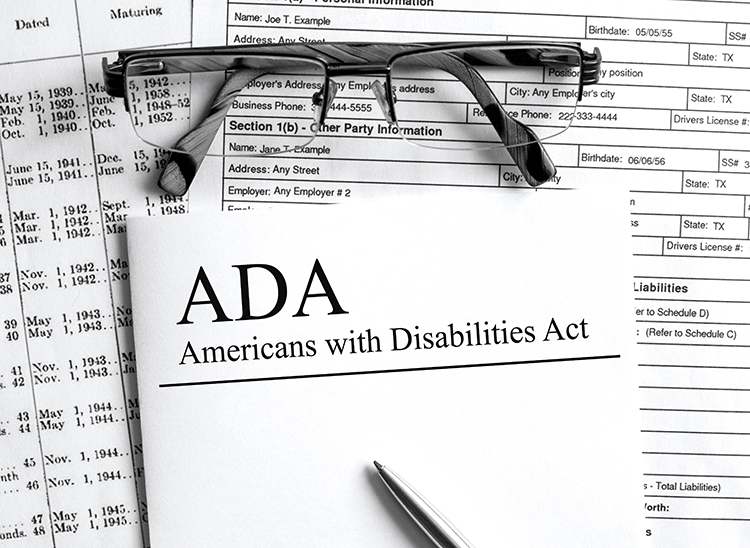Does woman who checks websites for disability compliance have standing to sue? Supreme Court will decide

Image from Shutterstock.
The U.S. Supreme Court on Monday agreed to decide whether a woman who tests hotel websites for compliance with the Americans With Disabilities act has standing to sue if she has no plans to stay at a targeted hotel.
The high court agreed to decide the case of Deborah Laufer of Florida, who has filed more than 600 lawsuits against hotel owners and operators, according to the cert petition.
“Laufer’s abstract desire to ensure compliance with federal law does not give her Article III standing,” asserts the cert petition filed by Acheson Hotels.
The suit by Laufer and others like it have led to a circuit split.
Laufer’s suit claimed that the Coast Village Inn and Cottages, owned by Acheson Hotels, did not have sufficient information on its website about disability accessibility.
“A five-minute telephone call to Coast Village could have answered all of Laufer’s accessibility questions,” the cert petition says. “But Laufer did not actually want or need this information—the purpose of visiting the website was to lay the groundwork for a lawsuit.”
The cert petition says a Supreme Court decision will have “immense practical importance” because of the “cottage industry” in which uninjured plaintiffs “lob ADA lawsuits of questionable merit.”
Laufer’s brief in opposition responds that a ruling against standing would effectively nullify “an important aspect of civil rights law spanning several decades.” The brief adds that Acheson Hotels had portrayed Laufer as “a nuisance” while invoking “a general tone of animosity.”
The nuisance argument “is advanced in almost every ADA case by indignant defendants seeking to avoid the consequences of their continued discriminatory practices,” Laufer’s brief says.
The case is Acheson Hotels v. Laufer.
Hat tip to SCOTUSblog, which has case documents here.
Write a letter to the editor, share a story tip or update, or report an error.



